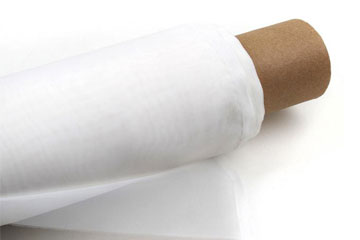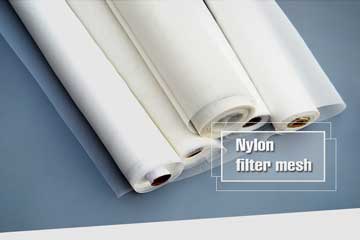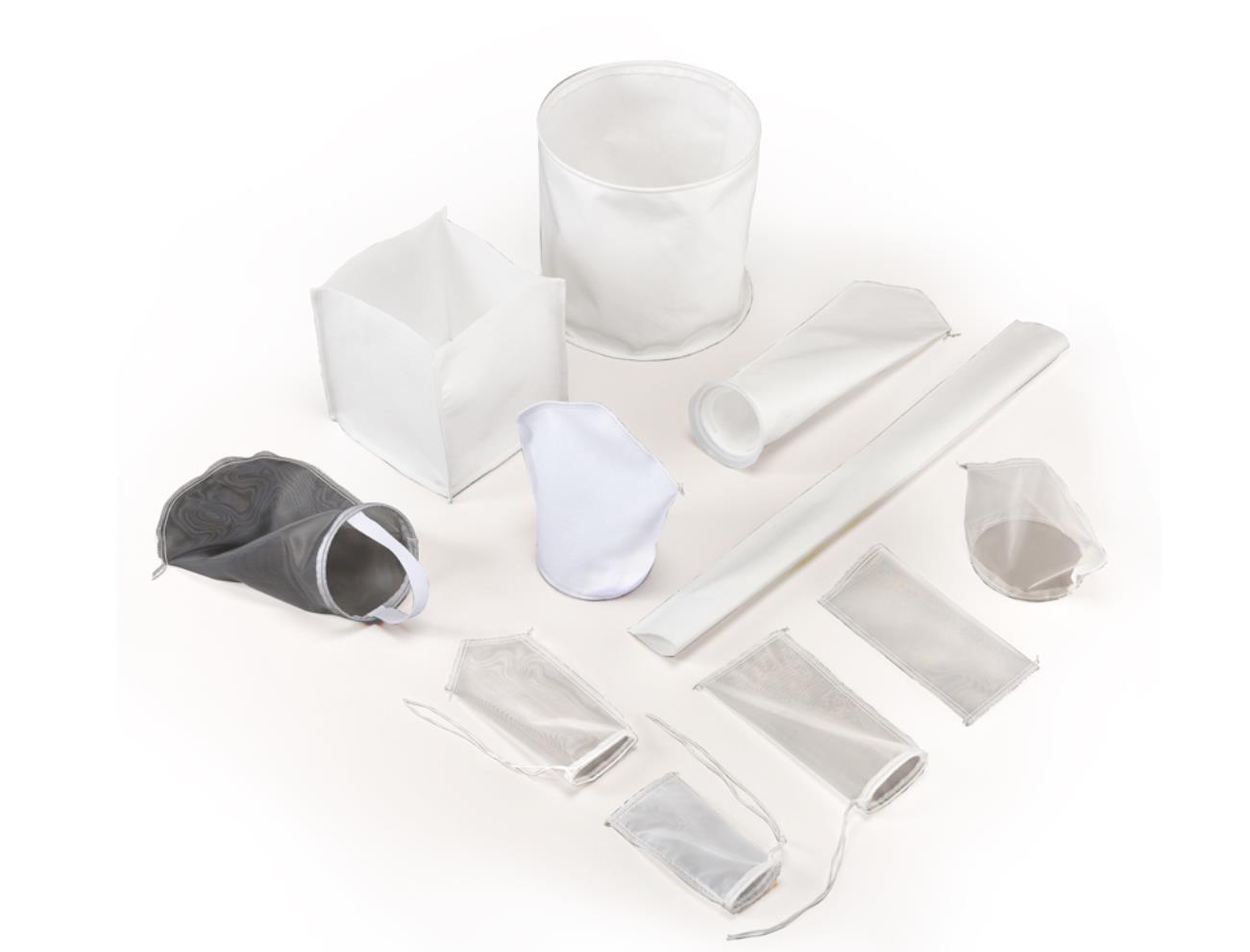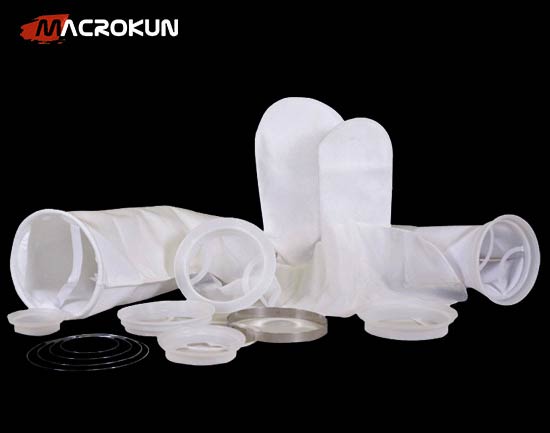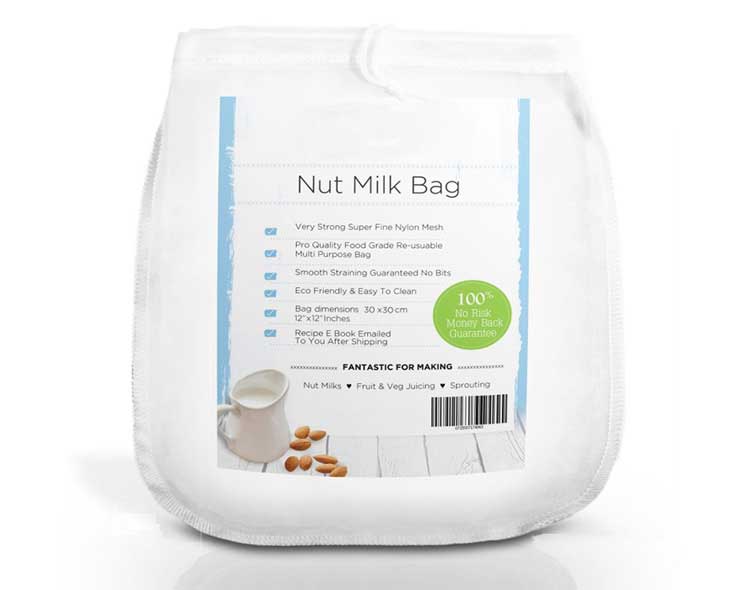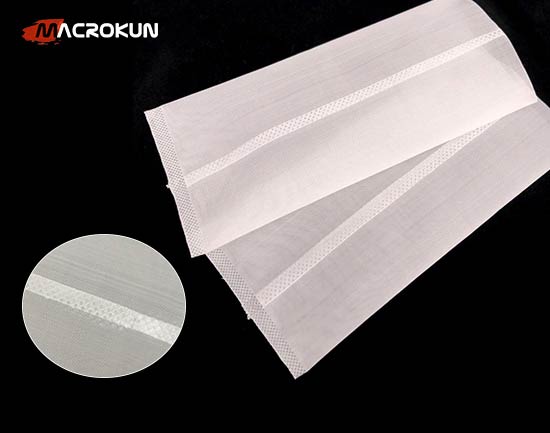100 Micron Filter Mesh: A Comprehensive Guide to Precision Filtration
A 100 micron filter mesh is an essential component in many filtration systems, offering the perfect balance of particle removal and flow rate across a wide range of industries.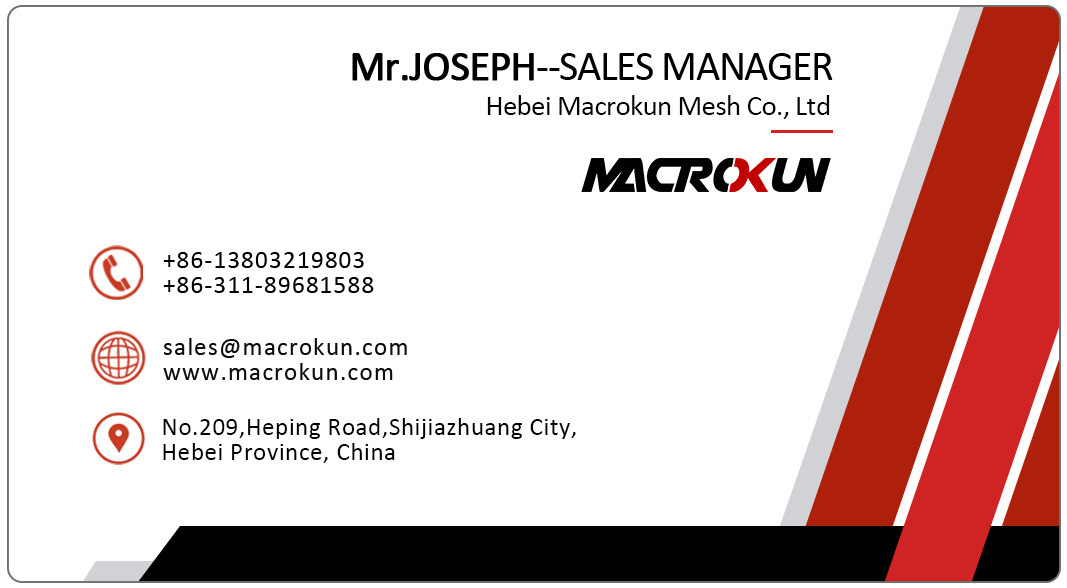
When it comes to achieving optimal filtration in a wide range of applications, a 100 micron filter mesh stands out as a versatile and reliable solution. Whether you're working in industrial processes, water treatment, or even agricultural applications, the precision and efficiency of a 100 micron mesh can help ensure cleaner outputs, improved system performance, and longer equipment life.
What is a 100 Micron Filter Mesh?
A 100 micron filter mesh is a type of filtration material that features openings of 100 microns (0.1mm) in size. This mesh size allows for the removal of particles larger than 100 microns from fluids or gases, making it suitable for a wide variety of filtration needs. The mesh is typically made from materials like stainless steel, polyester, or nylon, offering durability and resistance to wear in challenging environments.
Key Benefits of 100 Micron Filter Mesh
-
Precision Filtration: The 100 micron size ensures that only particles larger than 100 microns are captured, providing an ideal balance between fine filtration and flow rate. This makes it effective for applications that require the removal of debris, sediment, or contaminants without compromising system throughput.
-
Versatility Across Applications: The 100 micron filter mesh can be used in numerous industries, including water treatment, oil filtration, food and beverage processing, chemical production, and agricultural irrigation. Its versatility makes it a popular choice for professionals seeking consistent filtration results across different media.
-
Durability: Depending on the material used, these filter meshes can withstand harsh conditions, including high temperatures, pressure, and exposure to corrosive chemicals. Stainless steel and polyester options, in particular, are known for their long-lasting performance.
-
Cost-Effective: By preventing clogging, system breakdowns, and unnecessary downtime, 100 micron filter meshes help reduce maintenance costs and extend the lifespan of your filtration systems. In the long run, this translates to significant cost savings.
Applications of 100 Micron Filter Mesh
-
Water Treatment: In water filtration systems, a 100 micron filter mesh is commonly used as a pre-filter to remove sediments and particles that could damage more delicate filters downstream. This helps maintain the efficiency of reverse osmosis systems, water softeners, and other purification technologies.
-
Agriculture: Farmers rely on 100 micron filter meshes to keep irrigation systems free of debris and particulates. By preventing clogs in sprinkler systems and drip lines, these meshes ensure efficient water delivery and prevent damage to equipment.
-
Food and Beverage Industry: In this industry, 100 micron filters are used to remove unwanted solids from liquids, such as during the processing of juices, wine, beer, and edible oils. This enhances the clarity and purity of the final product.
-
Oil and Gas: For oil filtration, 100 micron mesh filters help remove contaminants like sand, dirt, and metal particles from hydraulic fluids, engine oils, and fuels. This filtration helps extend the life of machinery and ensures smoother operation.
-
Industrial Processes: In chemical production and manufacturing, 100 micron filter meshes are used to filter raw materials and prevent impurities from compromising product quality. This is critical for processes that require precise filtration, such as coatings, adhesives, and pharmaceuticals.
Types of 100 Micron Filter Mesh Materials
-
Stainless Steel: Stainless steel 100 micron mesh is highly durable and resistant to corrosion, making it ideal for use in harsh environments, including chemical plants and marine applications. It can withstand high pressure and temperature fluctuations, ensuring long-term reliability.
-
Polyester: This material is known for its resistance to chemicals and abrasion. Polyester 100 micron meshes are commonly used in industries like agriculture, where exposure to water and chemicals is frequent.
-
Nylon: Nylon meshes offer flexibility and are often used in applications that require a lightweight and cost-effective material. They are particularly useful in air filtration systems and water treatment applications where lower pressure levels are involved.
How to Choose the Right 100 Micron Filter Mesh
When selecting a 100 micron filter mesh, consider the following factors:
-
Material: Choose a material that is compatible with the fluid or gas being filtered. For corrosive environments, stainless steel is the best choice, while polyester or nylon may be more appropriate for lighter applications.
-
Flow Rate: Ensure that the mesh you choose allows for adequate flow without causing excessive pressure drop in your system. The 100 micron size provides a good balance between filtration efficiency and flow capacity.
-
Durability: Depending on the environment, you may need a filter mesh that can handle extreme temperatures, chemical exposure, or mechanical stress. Stainless steel meshes are often the best choice for demanding conditions.
-
Application-Specific Requirements: Consider whether the mesh will be used as a pre-filter or for final filtration. For example, in water treatment systems, a 100 micron mesh may be ideal for sediment removal before finer filtration stages.
Conclusion
A 100 micron filter mesh is an essential component in many filtration systems, offering the perfect balance of particle removal and flow rate across a wide range of industries. Whether you need to filter water, oil, chemicals, or agricultural fluids, these meshes provide a reliable, cost-effective solution that improves system performance and extends the lifespan of your equipment.
By choosing the right material and ensuring proper installation and maintenance, a 100 micron filter mesh can be a valuable addition to your filtration system, delivering cleaner outputs and reducing the risk of costly repairs.
Tags: 0.1 micron filter bag 0.5 micron filter bag 1 micron filter bag 50 micron filter bag 25 micron filter bag 10 micron filter bag 1000 micron filter bag 5 micron filter bag micron filter bag micron filter bags 25 micron filter bags 100 micron filter bag 180 micron filter bag 250 micron filter bag 200 micron filter bag 200 micron filter bags 100 micron filter bags 1 micron filter bags micron filter bags near me 05 micron filter bag 30 micron filter bag 150 micron filter bag 10 micron filter bags 200 micron filter bag wholesale 0.1 micron filter bag wholesale 500 micron filter bag 400 micron filter bag 50 micron filter bag wholesale 400 micron filter bag wholesale 20 micron filter bag 0.1 micron filter bag factory in china 500 micron filter bag factory in china 20 micron filter bag wholesale 5 micron filter bag wholesale 250 micron filter bag factory in china 150 micron filter bag wholesale in china micron filter bag wholesale in china 190 micron filter bag 400 micron filter bag factory in china
RELATED PRODUCTS
RELATED ARTICLES
Tags:
